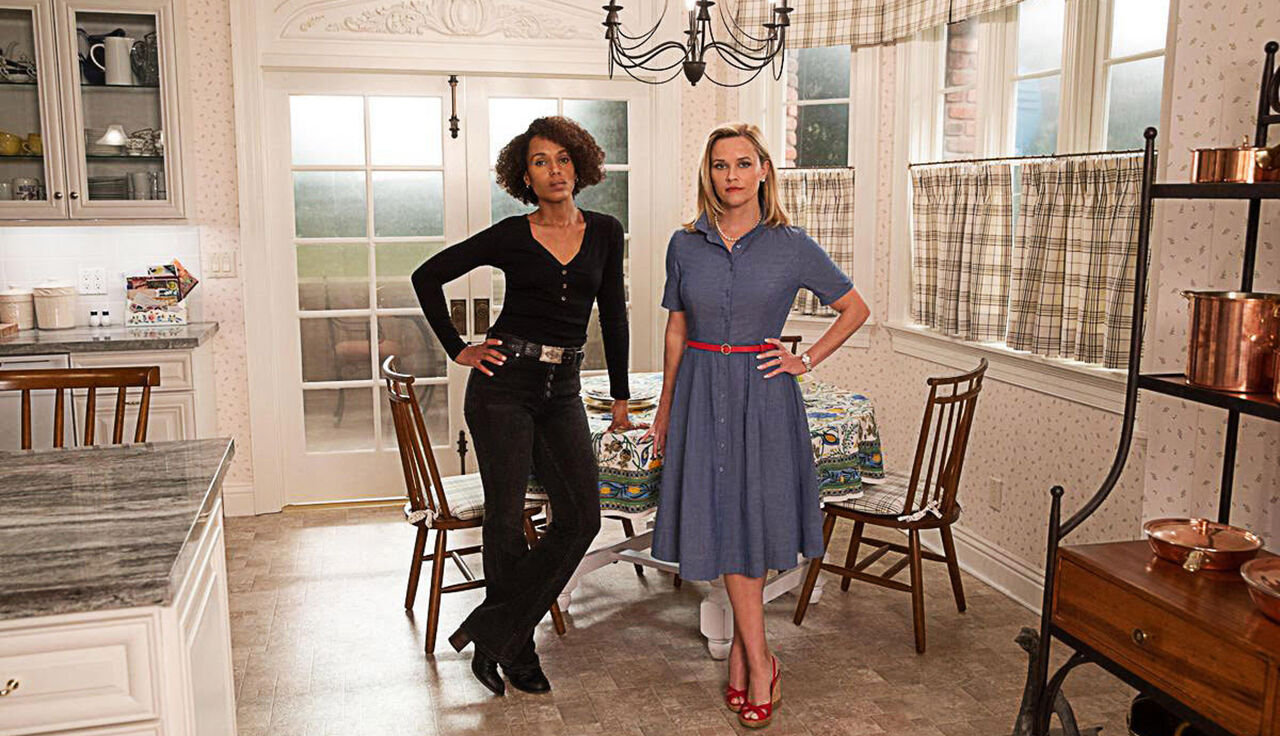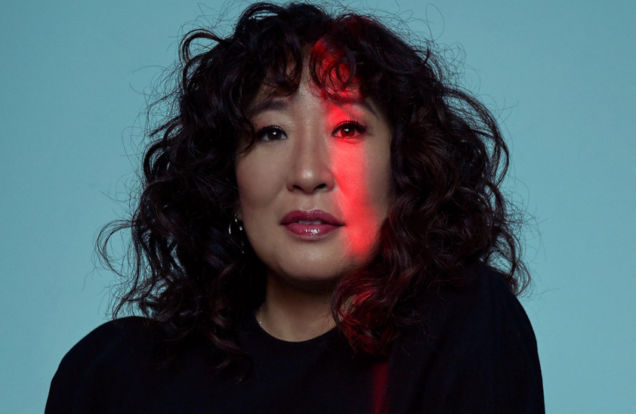REESE WITHERSPOON’S EMPIRE
Changing The World One Adaptation At A Time


Growing up, I watched romantic comedies to find role models. Women weren’t usually the stars of thrillers or dramas or even regular comedy-capers. But in rom-coms, I found a steady stream of women — one of them being Reese Witherspoon.
My favorite Witherspoon movie is Sweet Home Alabama. In it, I found an intelligent, successful woman who didn’t want to feel confined by love. Though love was central to Melanie Carmichael’s story, she wasn’t a housewife. She was multidimensional and someone I wanted to be.
Reese Witherspoon’s characters don’t fit the archetype of a “movie woman.” They are confident, with more than meets the eye and are overall captivating. They are human and a standard for how women should be viewed on screens, big and small.
But the Hello Sunshine founder wasn’t always adapting female-focused narratives. In fact, after Walk The Line, it appeared her fate would mimic the careers of so many women before her. She wouldn’t get the lead role because she was “too old” and would likely only play supporting roles or for sheer star power.
The now 44-year-old is producing and starring in countless adaptations through her production company. It started with Wild, a Cheryl Strayed memoir adapted by Witherspoon. (At the same time, she optioned Gone Girl, but that didn’t lead her to an Oscar nomination.) She portrayed a woman, on a personal journey and made art out of it. It was beautiful and gut-wrenching and life-changing for me.
She showed that a woman’s value doesn’t end at 30. She pushed on, creating a monthly book club to shine a spotlight on new authors. Authors like Celeste Ng, who penned the novel Little Fires Everywhere. Reese Witherspoon and Kerry Washington star in the limited series of the same name. From that series blossomed an excellent partnership that puts a woman of color in a dominant role
“The new narrative, the Reese narrative, tells us that our power lies in our partnership,” Washington told Vanity Fair. “That real power comes from succeeding with people, not succeeding off of people. That real power is borne of the humility and grace of sisterhood. That’s what empowerment means. The more power you share, the more power you have and the more power you have, the more you must share. This is the lesson that you must learn when you are in Reese’s orbit. This is the lesson so many of us are learning from her.”
And, of course, there is Big Little Lies. The popular HBO series highlights a mother’s power and complexities that accompany it. It demonstrates that a woman is more than a wife, mother or daughter. Women can have aspirations and possess faults like everyone else. (In the last year, she has also starred alongside Jennifer Aniston and produced the AppleTV+ series The Morning Show.)
More than anything, Reese has given us the chance to be in the spotlight. She puts women in front of and behind the camera. She offers them power.
“I can remember being in pictures in which I was the only woman on the set and there would be 150 men,” she told Vanity Fair. “Maybe there would be a couple of women in wardrobe. I remember when I was a kid I would find them and cling to them.”
I still look up to Reese Witherspoon. Less so than for who she portrays and more so for who she is. She shows people that women are capable and that if you have the means to pave your own way, to do so. Just make sure you’re taking other people with you. Reese is changing the world by reading, listening and altering life one adaptation at a time.


